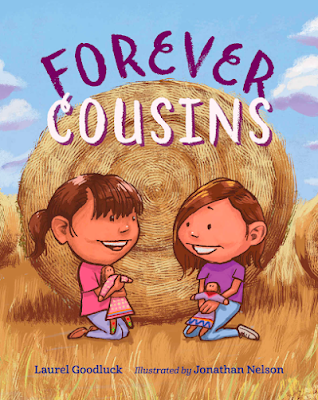Good evening.
This morning, Native people from across the country were gathering in Washington DC or online to listen to the Supreme Court oral arguments in Brackeen v Haaland.
I’m living in the San Francisco Bay area right now. Wherever I am, I talk about kids and books. or more precisely, the ways that stories in books tell others who we are. That work is why I can’t be with you tonight. I’m in the midst of working with teachers in this area.
I tell teachers and librarians that our status as sovereign native nations has been left out of popular, classic, and award winning books. Those books shape what people know about us. They shape what the Brackeen’s know about us. Those books are part of why the Indian Child Welfare Act is at risk, right now.
Those books are a threat to our sovereignty.
I’m grateful to UNM’s Native American Alumni Chapter for selecting me to receive this award. It acknowledges the importance of the work I do to help educators understand what is wrong with those popular and award-winning books.
And it acknowledges the work I do to bring visibility to Native writers who are creating books that affirm who we are.
In October, an absolutely terrific picture book by two Native people came out. That book is Forever Cousins. Written by Laurel Goodluck and illustrated by Jonathan Nelson, it is about cousins growing up together in the Bay Area.
In the Author’s Note, Goodluck writes about the Indian Relocation Act. It is why she grew up in the Bay Area. She also writes about sovereignty!
I talked about Forever Cousins in a workshop I did earlier this week. After the workshop, one of the participants approached me. She was deeply touched by Goodluck’s book. She is from Tesuque Pueblo, and like Laurel, grew up in the Bay Area.
Forever Cousins is one book, but it sits amongst a growing number of books by Native writers and illustrators who are creating books that should be in every classroom, and every library.
Like many of you, I’m deeply worried about Brackeen v. Haaland, and, I am confident that as we continue to raise our voices and use books by Native writers, we are disrupting the harms done by older classics that misrepresent who we are. Buy books by Native writers, and talk about them to everyone you know. Help me to bring visibility to books that lift our children and our nations.
Ku’daa.
I offer my congratulations to Nicolle Gonzales. She, too, was honored by the Native Alumni chapter. She founded the Changing Woman Initiative. Here's a video of her:





